It’s been more than two decades since its premiere. Does Voyager’s inaugural mission hold up in the 21st century?
More than twenty years ago, on January 16th, 1995, Star Trek: Voyager (VOY), the third spin-off from The Original Series (TOS) and the fourth official Star Trek series, premiered. It was a bold move for many reasons. First, it was developed in an effort to create another storyline that continued in the same timeline and universe that The Next Generation (TNG) and Deep Space Nine (DS9) established. Second, Voyager was the literal anchor for a brand new television network, the United Paramount Network or UPN. The mid to late ‘90s would prove to be the heyday for Star Trek as a franchise. As the heir to such a storied pedigree, Voyager was placed in such a prominent position so as to be the crown jewel of the next wave of Star Trek.
Being only 9 at the time, I only vaguely remember the debut of Voyager. I had grown up on The Next Generation, being able to watch it most nights around 7 or 8 pm in syndication. But with Voyager anchoring a new network in primetime, this usually meant it was too late for me to catch it regularly on a school night. I do remember catching a stray episode here and there, especially ones that were particularly noteworthy among my friends. Fan favorite episodes like “Scorpion”, “Equinox”, and “Year of Hell” all come to mind. I even remember watching “Endgame”, the series finale, despite not watching much of Voyager, because my friends had told me just how cool it was to see Voyager with “Batmobile armor” (their words, not mine). But despite this, Voyager still remains the one Trek series I know the least about because it is the one series that I have yet to finish in its entirety. So with the arrival of the show’s 20th anniversary, I thought this would be the perfect opportunity to revisit the series in a comprehensive re-watch, from start to finish, and see if Voyager, at least in its inaugural season, has stood the test of time.
First and foremost, Voyager was the first Star Trek series to feature a female starship captain as the lead. There have been other previous portrayals of female starship captains, most notably with the Romulan Commander in the TOS episode “The Enterprise Incident”, as well as Captain Rachel Garrett in TNG’s “Yesterday Enterprise” and the brief appearance of Madge Sinclair as the captain of the USS Saratoga in Star Trek IV: The Voyage Home. But without question, Captain Kathryn Janeway, as played by Kate Mulgrew, would be the most visible and significant of them all. It literally cannot be overstated the cultural and societal impact that Janeway had at the time and continues to have as a female inspiration. With women still being underrepresented in so many fields, most notably in STEM, having such a visible and confident role model like Janeway was so important, especially in the ’90s and even more so today. We only have to look back to last week to be reminded of this continuing impact when Italian astronaut Samantha Cristoforetti, the first Italian woman in space, snapped a selfie wearing Janeway’s uniform while aboard the International Space Station. And all of this was only made possible because the writers and producers, to their credit, proactively wanted to have greater diversity and representation in Star Trek.
In addition to Janeway setting the tone, the two-part premiere “Caretaker” was also another bold way to start off the series. The premise, that an alien entity has used mysterious and formidable technical means to bring the crew of Voyager 70,000 miles away from home and strand them in the Delta Quadrant, is definitely a captivating hook. The fact that Voyager’s Starfleet crew had to work with disaffected members of the Maquis, whom they were initially trying to capture, adds an even greater sense of intrigue and texture. The entity responsible, known only as the Caretaker, is alien in nature, powerful in ability, but also possesses the potential to be reasoned with, which are all attributes that are in the best tradition of Star Trek storytelling.
As I progressed past the excellent series premiere, I found that the episodes that most resonated with me were ones that continued and built upon two premises: first, that Voyager had to make difficult decisions on getting back home and second, that a mixed crew of Starfleet and Maquis crewmembers was just a volatile explosion waiting to happen. In my opinion, the episodes that best embodied these story elements were “Eye of the Needle”, “Prime Factors”, “State of Flux”, and “Learning Curve”.
In the “Eye of the Needle”, we have an intriguing story where the Voyager crew appears to have discovered a way home through a wormhole anomaly they discover. Through this anomaly, they have been able to make contact with a Romulan scientist, Telek R’Mor (played wonderfully by Vaughn Armstrong, later well-known as Admiral Maxwell Forrest in Enterprise) and are able to transport items and even the scientist himself to Voyager. B’Elanna Torres, the chief engineer and former Maquis, speculates that because transport is possible one-way, it is also possible that it works both ways, allowing the entire crew to literally beam out of the Delta Quadrant into the Alpha Quadrant. However, this idea is upended when R’Mor, after transporting aboard Voyager, is asked by Tuvok, the Vulcan security officer, what year it is. When he responds “2351”, the crew realizes that in fact he has been beamed 20 years into the future, into their current time of 2371. The reality then dawns upon Captain Janeway that if they were to beam the entire crew back through this wormhole anomaly, they would in fact be traveling back home, but at the price of doing so 20 years into the past. This type of moral dilemma is the type of storytelling that Star Trek excels at and it is genuinely moving watching Janeway make the gut-wrenching decision that such a price is too high to pay, because of the potential changes to the timeline such an action would precipitate. Instead, they send R’Mor back through the wormhole, forsaking their first real chance at making it back home quickly, and with only a small hope that the messages for their friends and families they asked the scientist to carry back on their behalf, will actually make it to them.
This type of moral quandary is further explored in the episode “Prime Factors”. When the crew encounters a race called the Sikarians with technology to potentially cut Voyager’s trip back home in half, if not more, Janeway and indeed her entire crew are faced with another intractable dilemma. The Sikarians have a similar edict that is similar to the Federation’s Prime Directive. They will just not give up their technology to outsiders for fear of future abuse or cultural contamination. Despite her best efforts to forge a compromise that allows Voyager to travel back home while also maintaining this edict, the Sikarians just won’t budge. Torres and fellow Maquis comrade in arms-turned-reluctant Starfleet crewmember Seska both devise a way to potentially exploit the technology without the Sikarians’ or Janeway’s knowledge. Unfortunately, they ultimately discover that the alien technology is not compatible with theirs and their plan goes disastrously awry. In what is arguably the greatest scene in the episode, it is revealed that Tuvok, someone whom Janeway implicitly trusts, is the one that authorized the attempt to steal the Sikarians’ technology. Kate Mulgrew does a superlative job conveying the sheer level of emotional betrayal she feels because of his actions, while Tim Russ delivers a superb performance demonstrating Tuvok’s restrained Vulcan regret in betraying her, but also highlighting with expert logic why he chose to act in such a fashion.
Seska, who played a wonderfully understated yet mildly antagonistic role in “Prime Factors” will fully embrace this role in “State of Flux”. Played wonderfully by Martha Hackett, who also portrayed Subcommander T’Rul in Deep Space Nine’s third season two-parter “The Search”, Seska is revealed to actually be a Cardassian spy who had been surgically altered to look Bajoran in order to infiltrate the Maquis. This discovery, in addition to the revelation that she had previously been Chakotay’s lover, adds a surprising amount of tension and nuance in Voyager’s first season. It adds depth to Chakotay in the sense that it shows him to be vulnerable and also intensely loyal, even to a fault. And most importantly, it sends off Seska in a memorable way with her joining up with a race hostile to Voyager, the Kazon. I enjoyed the edge that she brought to the show the moment she was introduced in “Caretaker”, adding a spark of tension that was akin to, but not quite the same as Ro Laren for The Next Generation and Kira Nerys for Deep Space Nine. Although I know that Seska’s character doesn’t survive through the duration of the series, I eagerly anticipate how her storyline will ultimately play out in subsequent seasons.
This brings us to the season finale, “Learning Curve”. Although critics, including some of the producers, have lamented that the season ended on “a bottle show” with no cliffhanger or open-ended story threads, I actually enjoyed this episode immensely. First and foremost, it reestablishes the existence of the tension that would undoubtedly exist when Starfleet and Maquis members are forced to work together. It adds a layer of realistic texture to the crew, in the same way that “Lower Decks” (which is one of my all-time favorite Star Trek episodes) did for TNG. And most importantly, it further adds depth to Tuvok, who is forced to adapt to difficult circumstances, after being humbled by being too unyielding and rigid. In the process, the writers are developing a more fleshed out and three-dimensional character for Tuvok, who along with Janeway, B’Elanna Torres, and the ship’s Emergency Medical Hologram or simply “The Doctor”, are rapidly becoming my favorite characters out of the entire cast.
Speaking of Torres and the Doctor, they both receive wonderful character development in “Faces” and “Heroes and Demons”, respectively. “Faces” is a revealing look into the two halves of B’Elanna’s persona when she is literally separated into her human and Klingon halves of her personality. “Heroes and Demons” is a delightful TNG-esque adventure featuring the Doctor displaying his nascent heroic and humorous tendencies in a reenactment-gone-wrong of “Beowulf” in the holodeck. I know that the Doctor will go on to play an ever-increasing role in later seasons of Voyager and it is encouraging to see that his substantial development as a fully developed and realized character starts so early here in the first season.
However, like with any other iteration of Trek, there are misses as well. There really does seem to be no justifiable reason why Tom Paris is promoted to Lieutenant over Harry Kim, especially given his previous questionable record of service. Even as a new Voyager watcher, I know about the now age-old joke of “Harry Kim being an ensign forever” and it’s painfully apparent even in the first season just how little regard the writers have for Kim as a character. Episodes such as “Time and Again” and “Ex Post Facto” seem derivative and lacking in narrative energy. The episode “Cathexis” broadly traffics in lazy Native American stereotypes and tropes in a largely failed effort to add depth to Chakotay’s character. And the character of Neelix remains largely undefined, leaving him only to serve as comic relief in most instances. The one notable exception is the episode “Jetrel”. Although the allegory towards weapons of mass destruction is perhaps a bit heavy-handed, Ethan Phillips does a superb job demonstrating his acting range in this episode and hints at the much greater potential that lies for Neelix as a more well-rounded character. I’m looking forward to seeing how his romantic relationship with Kes, another fellow refugee fleeing from the Kazon, as well as an equally underdeveloped character with great potential, develops.
Speaking as a whole, I thoroughly enjoyed the first season of Voyager much more than I thought I would. Any television series that runs for seven seasons will inevitably be different than it was first introduced and the first season can only be, at best, a potential barometer for the trajectory of the rest of the series. I know that some storylines will be dropped (like the Maquis) and others will be added (Seven of Nine and the Borg), but the wisdom of such writing decisions is certainly a topic for another time. What I do know now is that the foundation for some really interesting storylines has been laid and I’m excited to see how the stories are carried forward, regardless of what the particular resolution may or may not be. Perhaps more than any other Star Trek series I’ve seen, Voyager epitomizes the age-old axiom that “the journey is always more important than the destination”. So in that vein, I say: “To the journey!”*
*PS – “To The Journey” is also the name of a wonderful and irreverent podcast on Trek.fm dedicated exclusively to all things Voyager. I highly recommend everyone to check it out!
Will Nguyen lives in the Boston area. You can tweet him at @Will_Nguyen. He’s also the co-host for Warp 5, a weekly Enterprise show on Trek.fm, a dedicated podcast network that talks about every aspect of the Trek universe from television, the movies, literature, and everything in between.


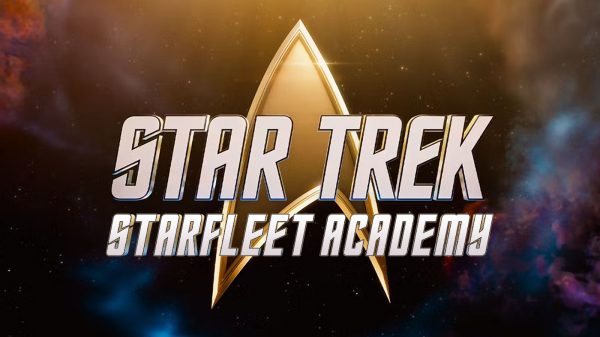
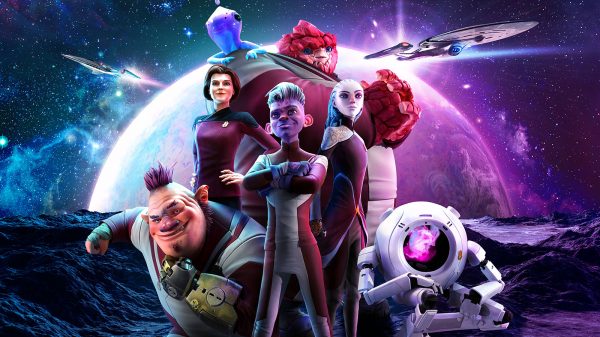
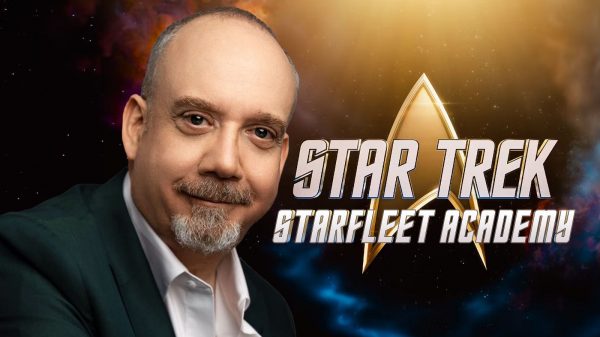
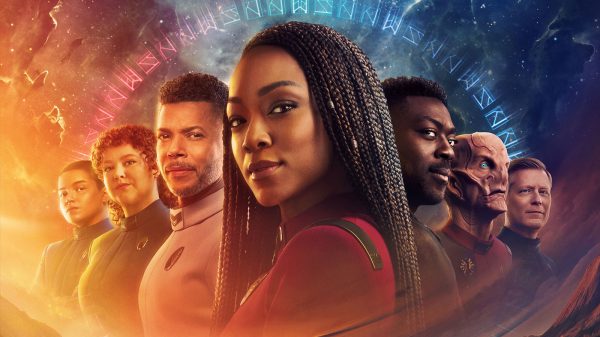
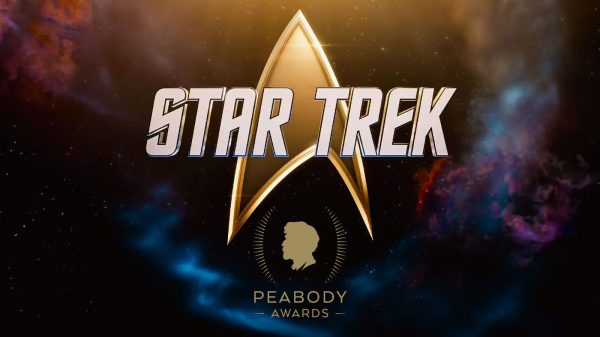
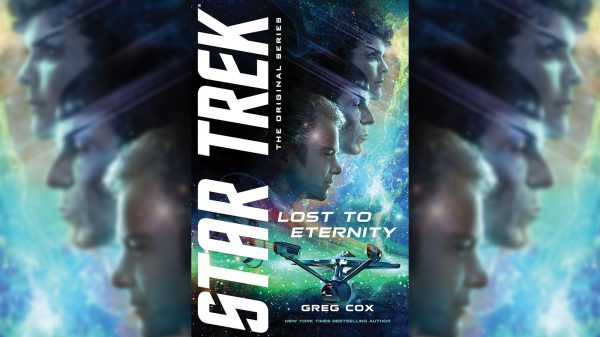
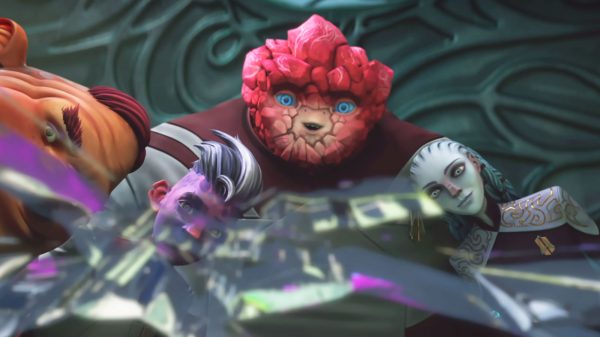
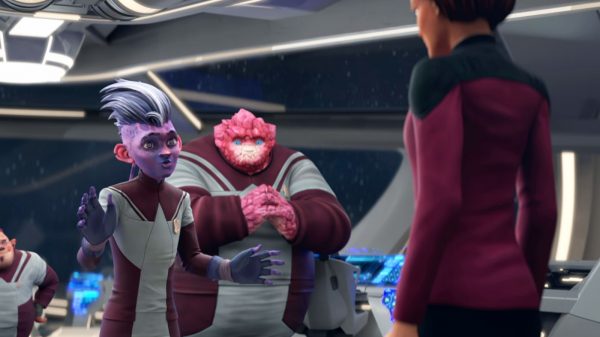
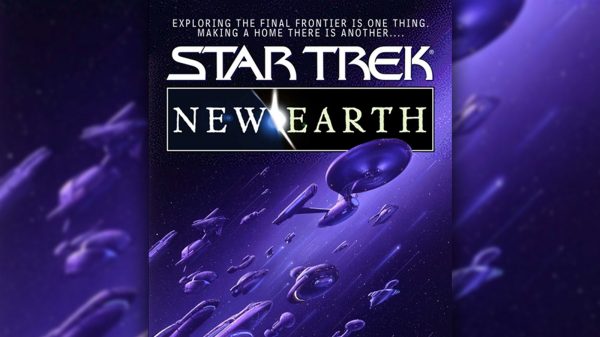
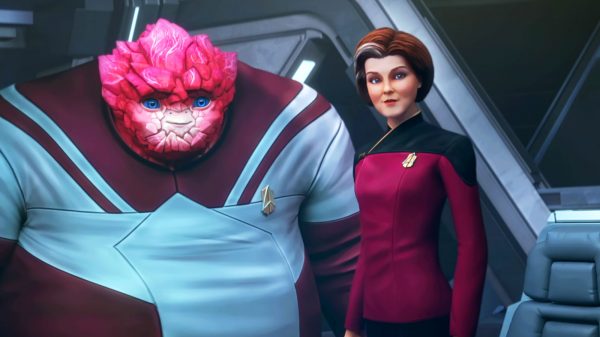
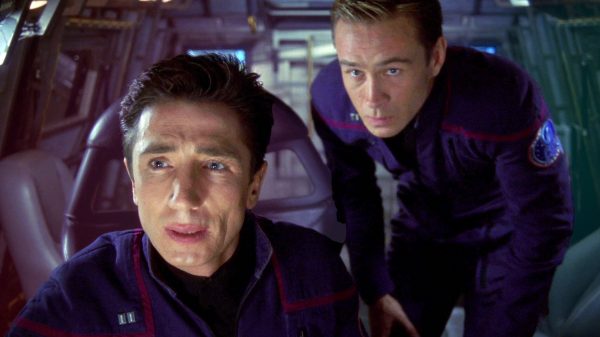
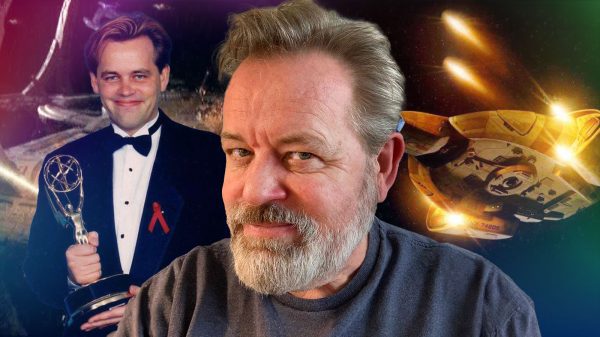
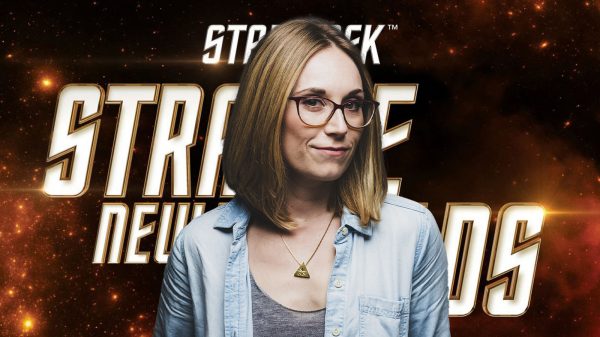
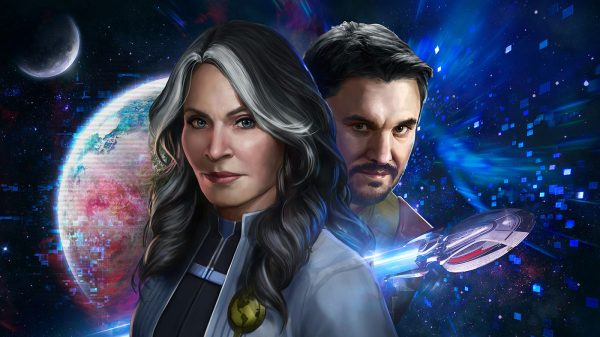
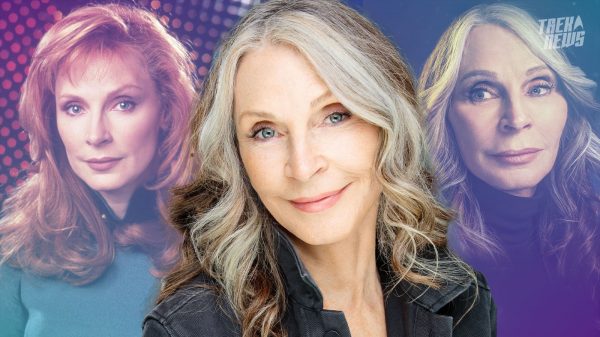
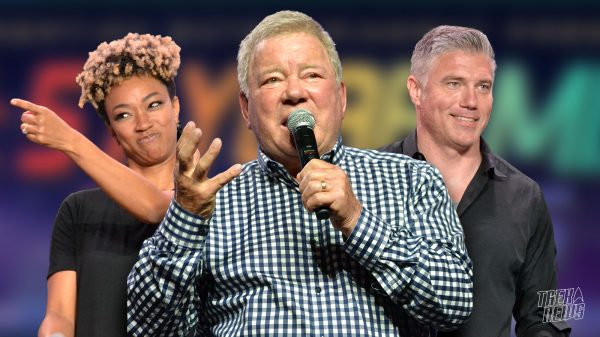
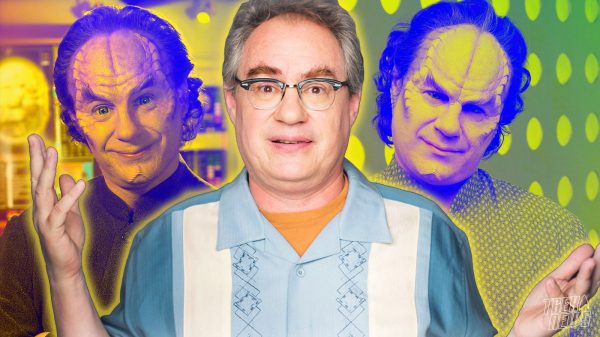
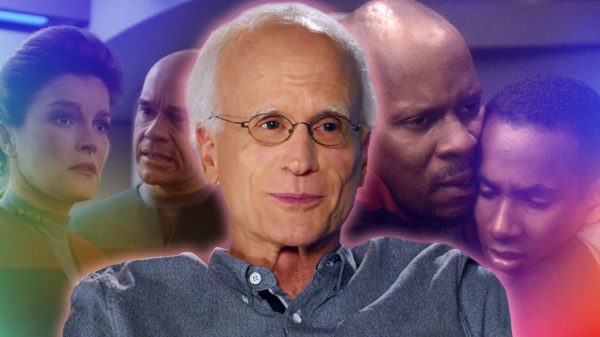
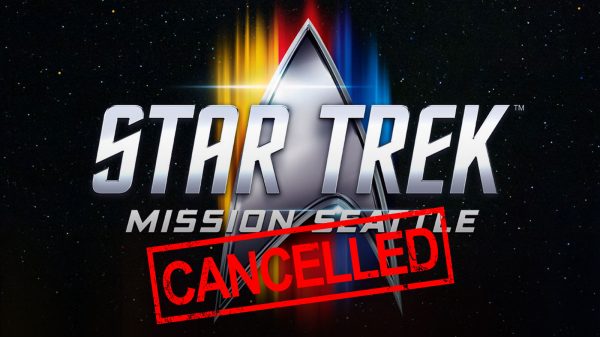

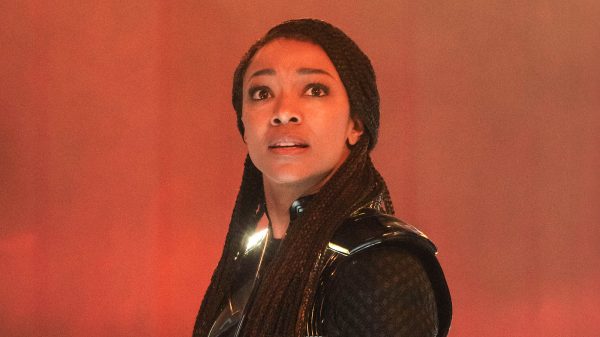
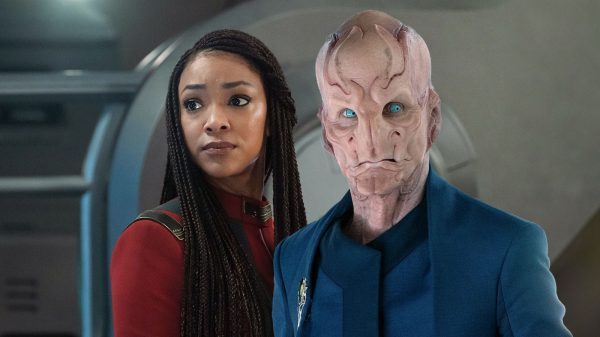
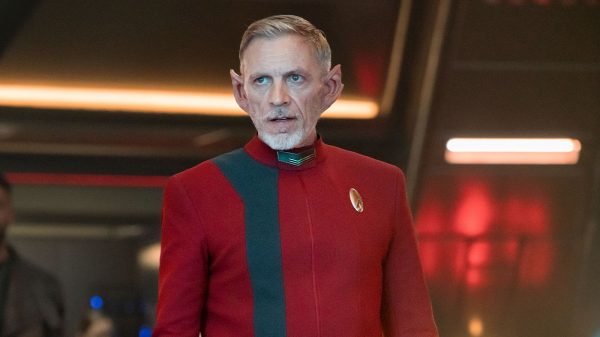
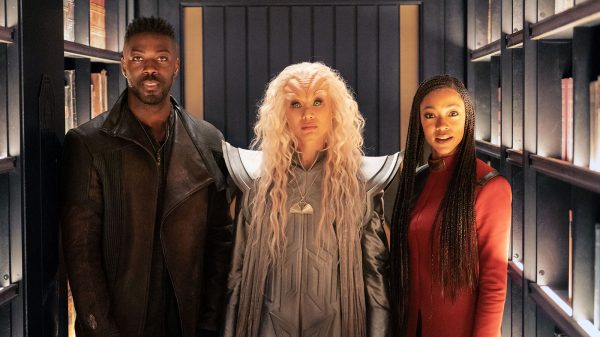
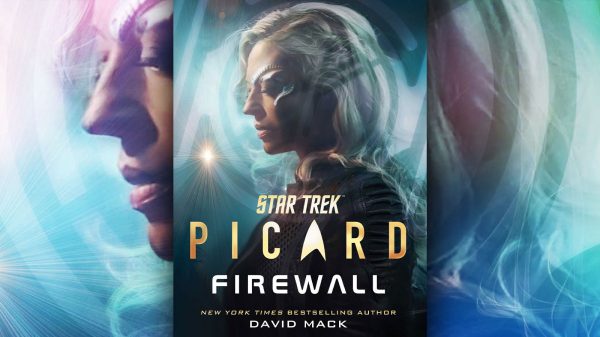
![2023: A banner year for Star Trek — here’s why [Op-Ed]](https://treknews.net/wp-content/uploads/2024/01/star-trek-2023-year-in-review-600x337.jpg)
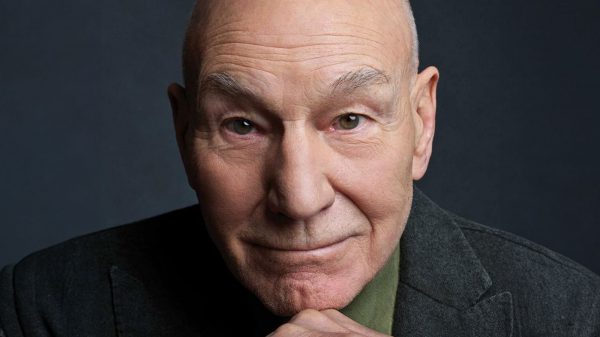
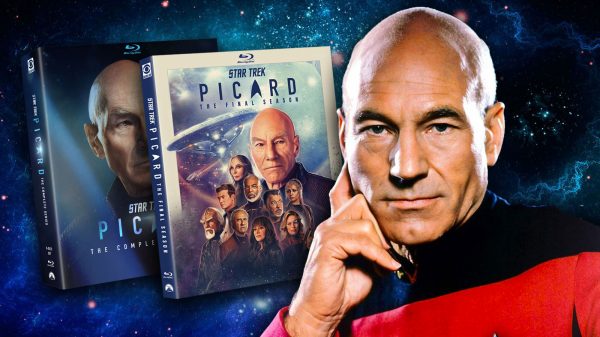
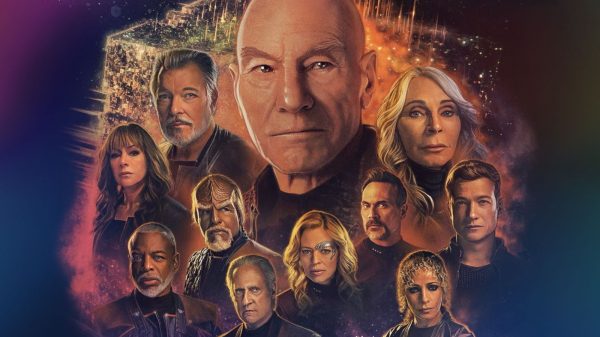
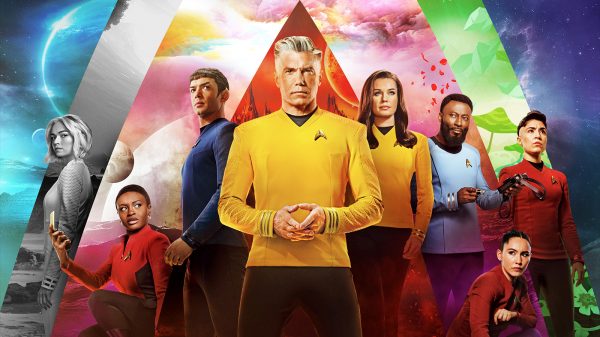
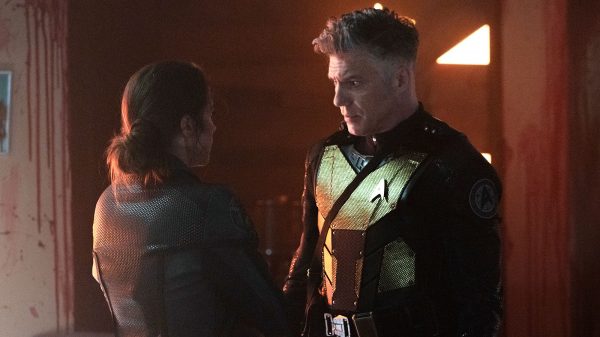
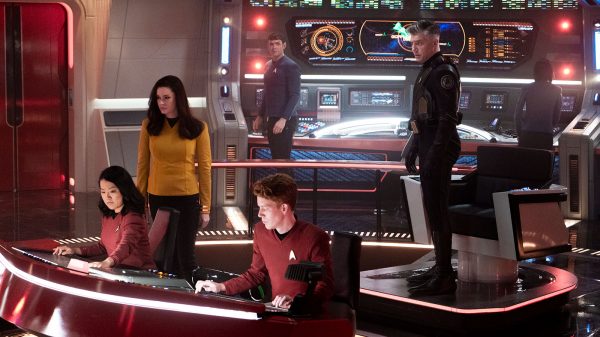
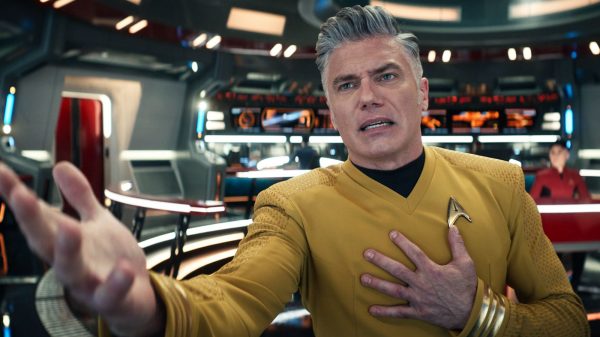
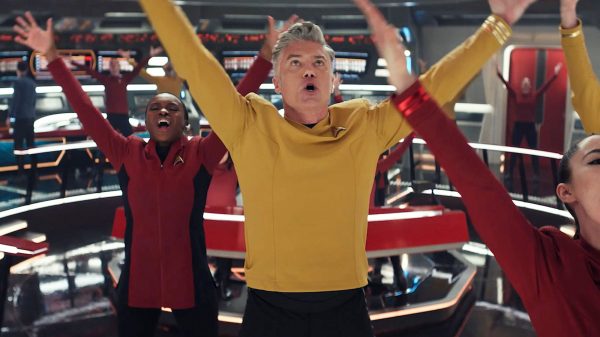
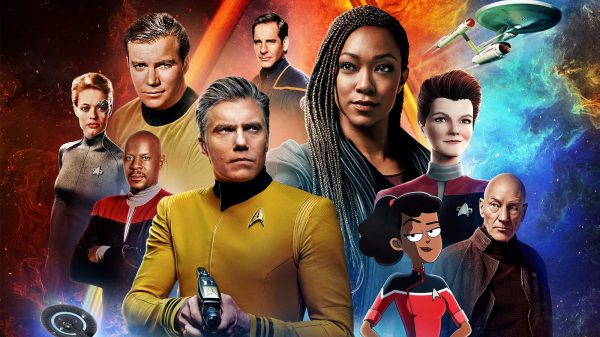
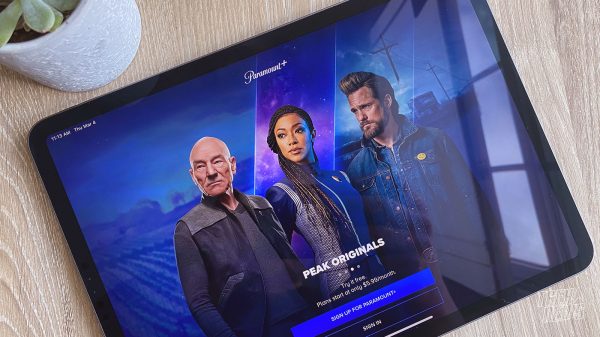
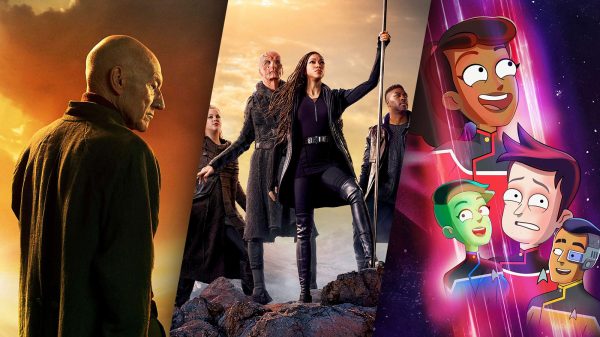
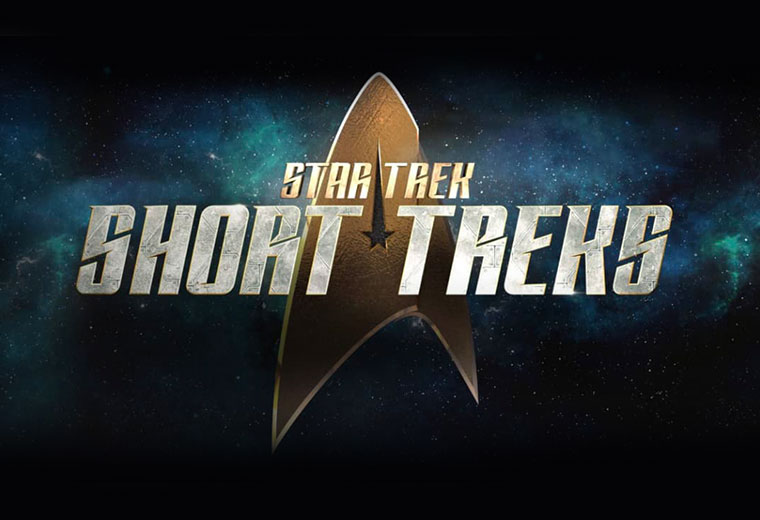
![[REVIEW] STAR TREK: SHORT TREKS "Children of Mars": All Hands... Battlestations](https://treknews.net/wp-content/uploads/2020/01/review-star-trek-short-treks-children-of-mars.jpg)
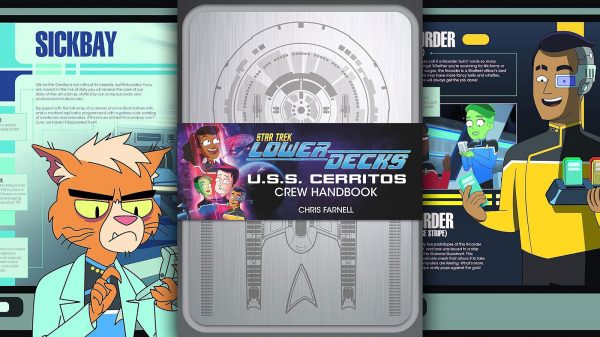
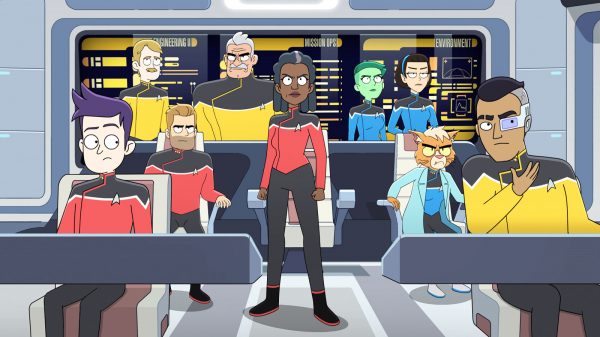
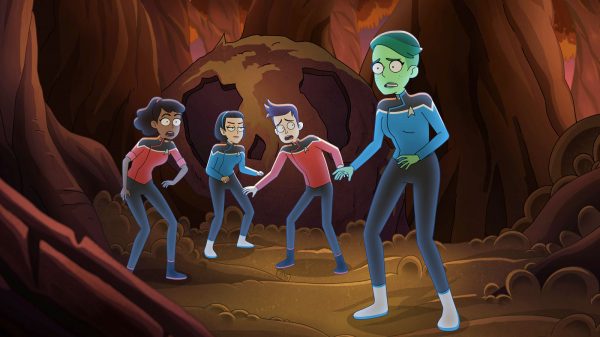
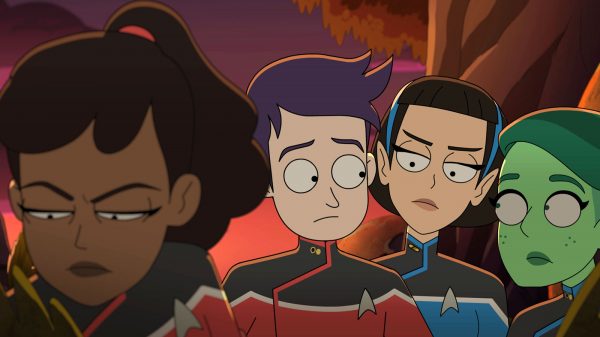
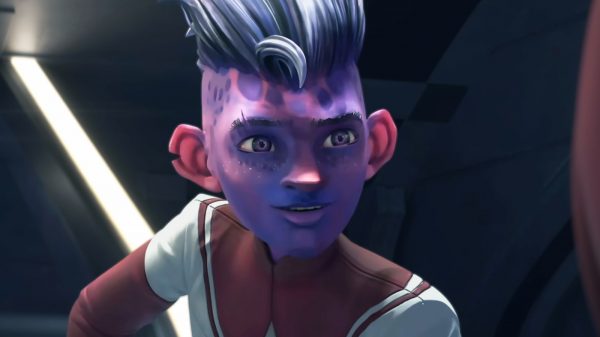
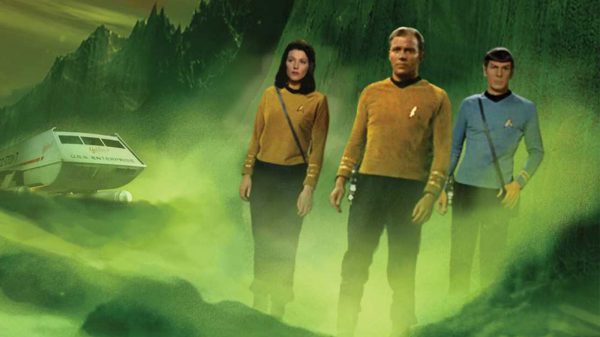
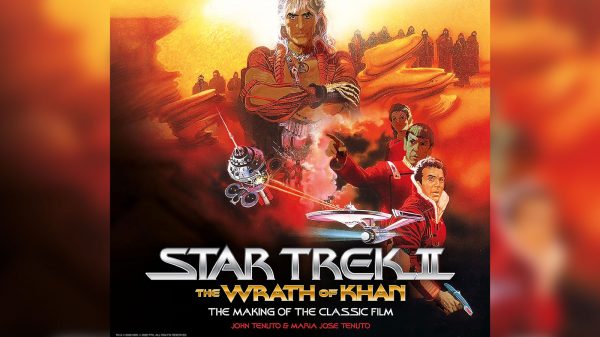
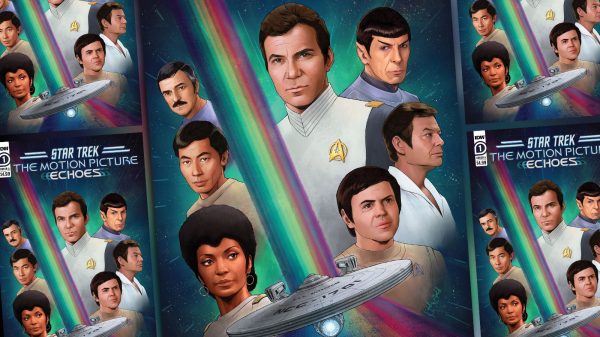
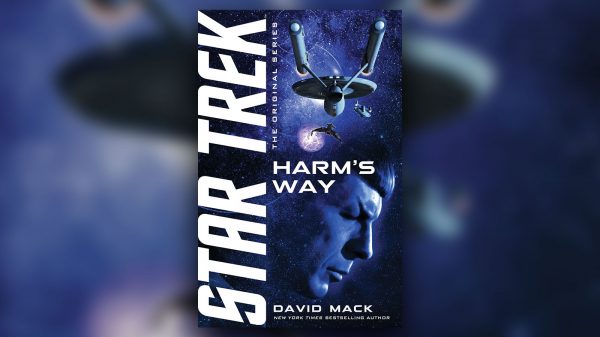
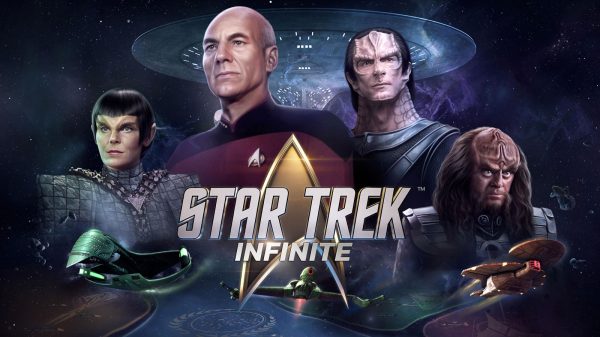
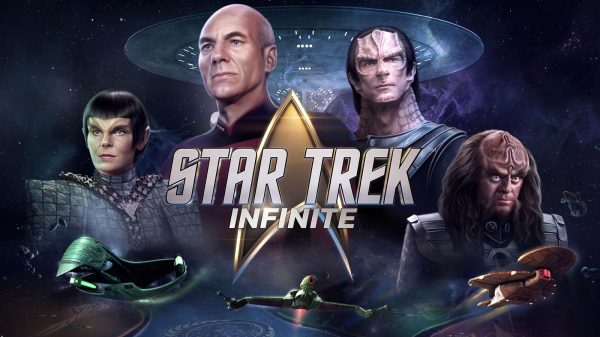
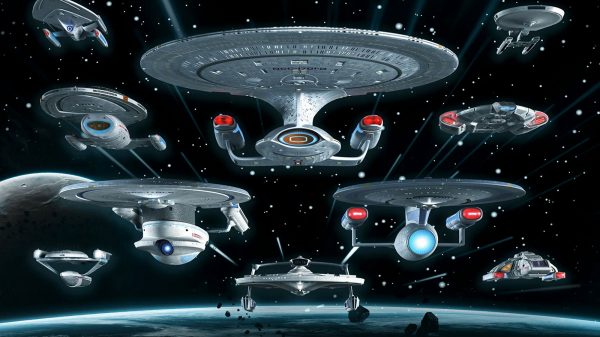
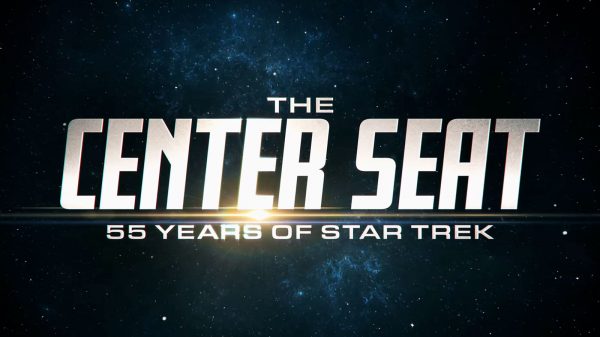
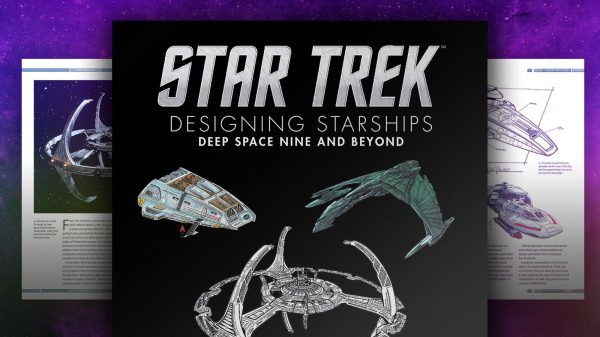
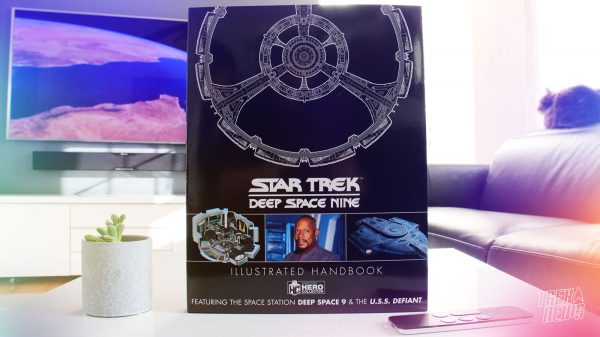
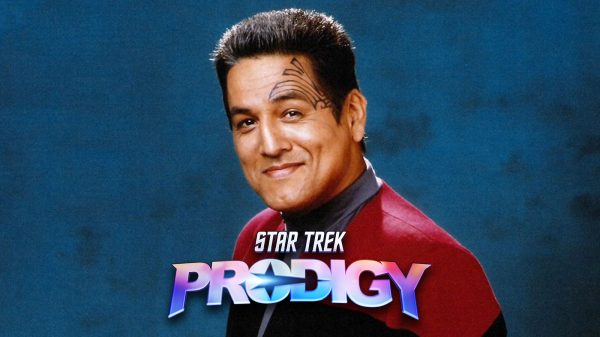
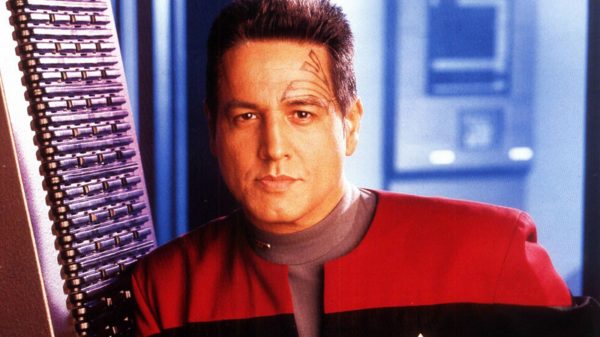

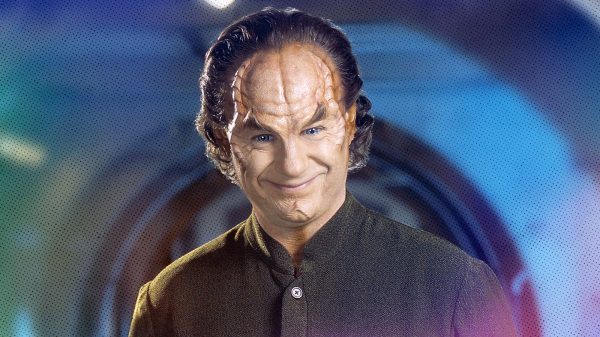
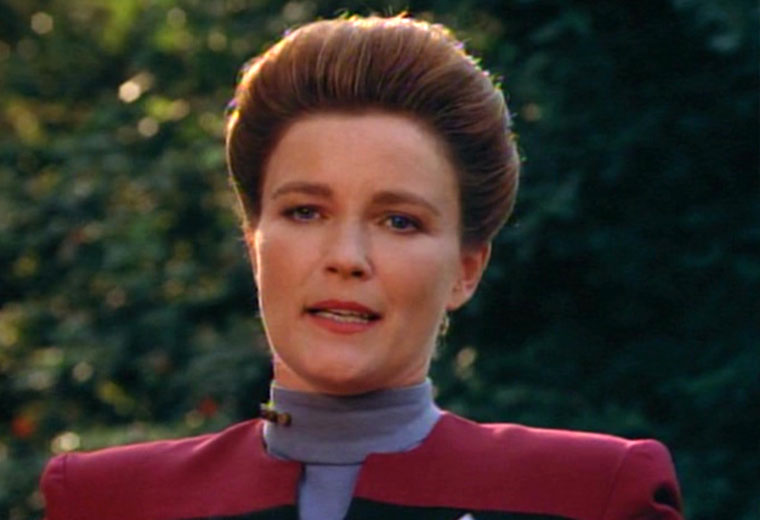
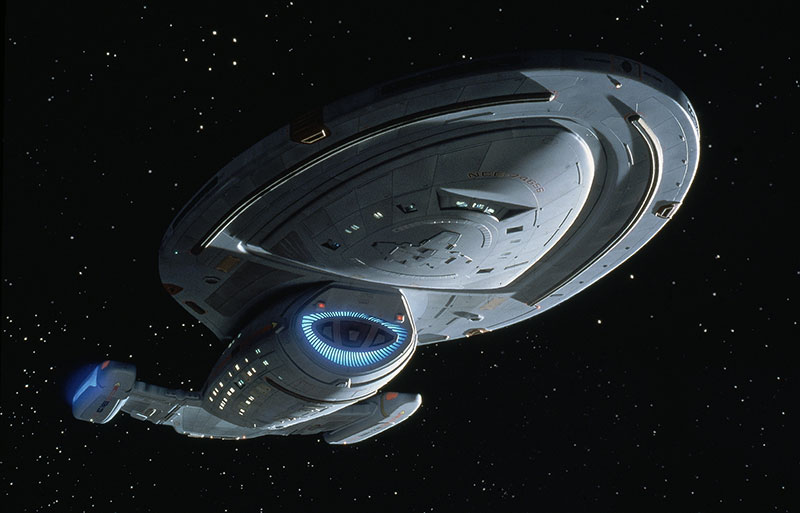


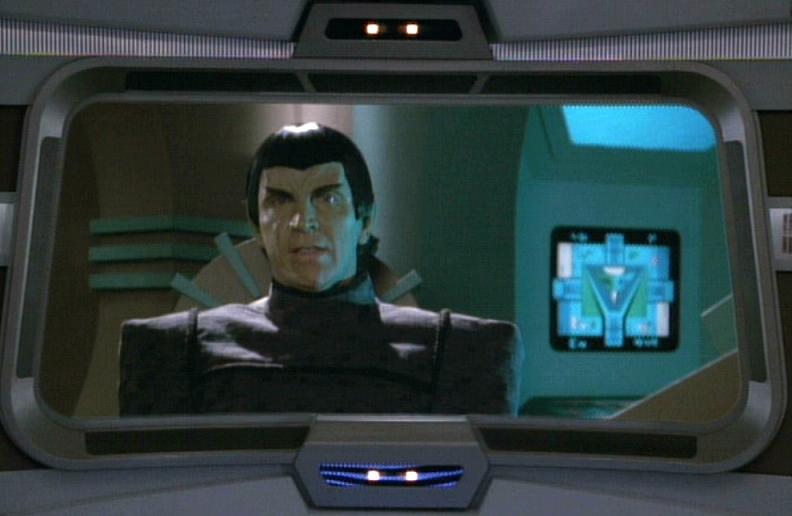
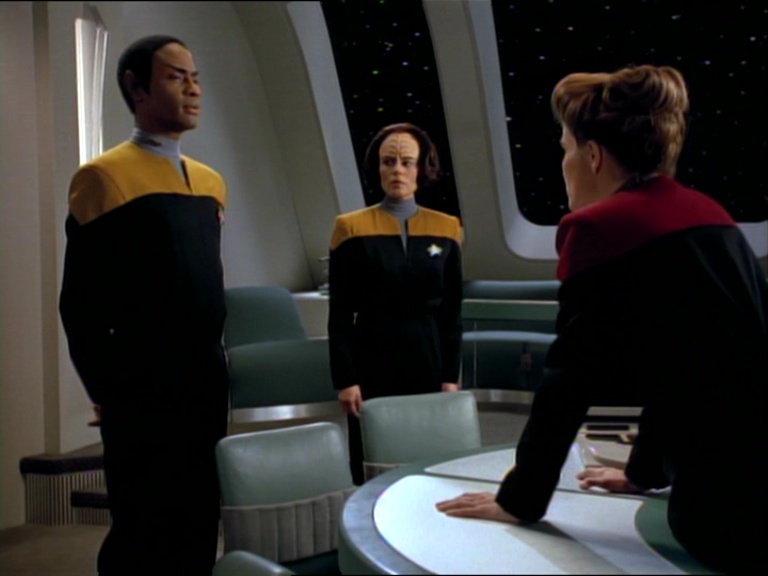
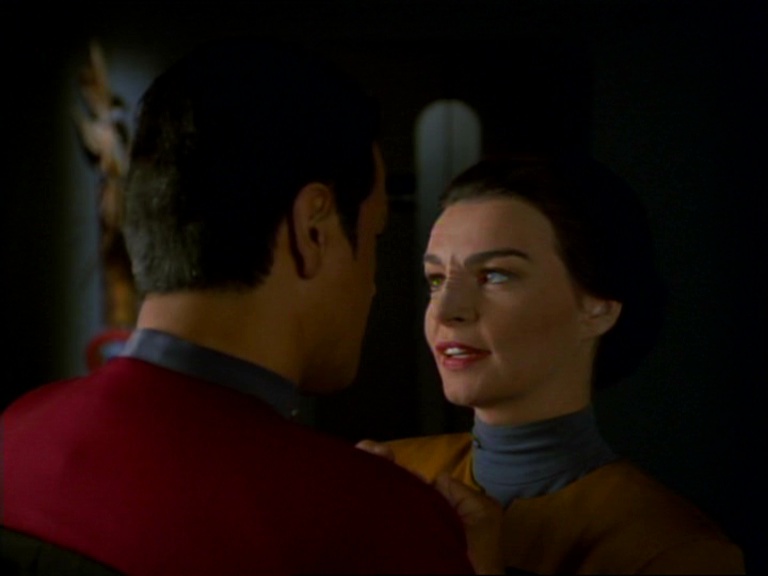
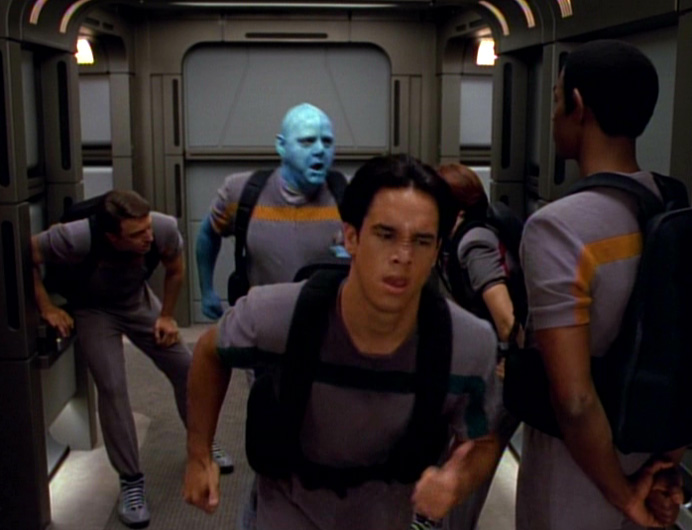
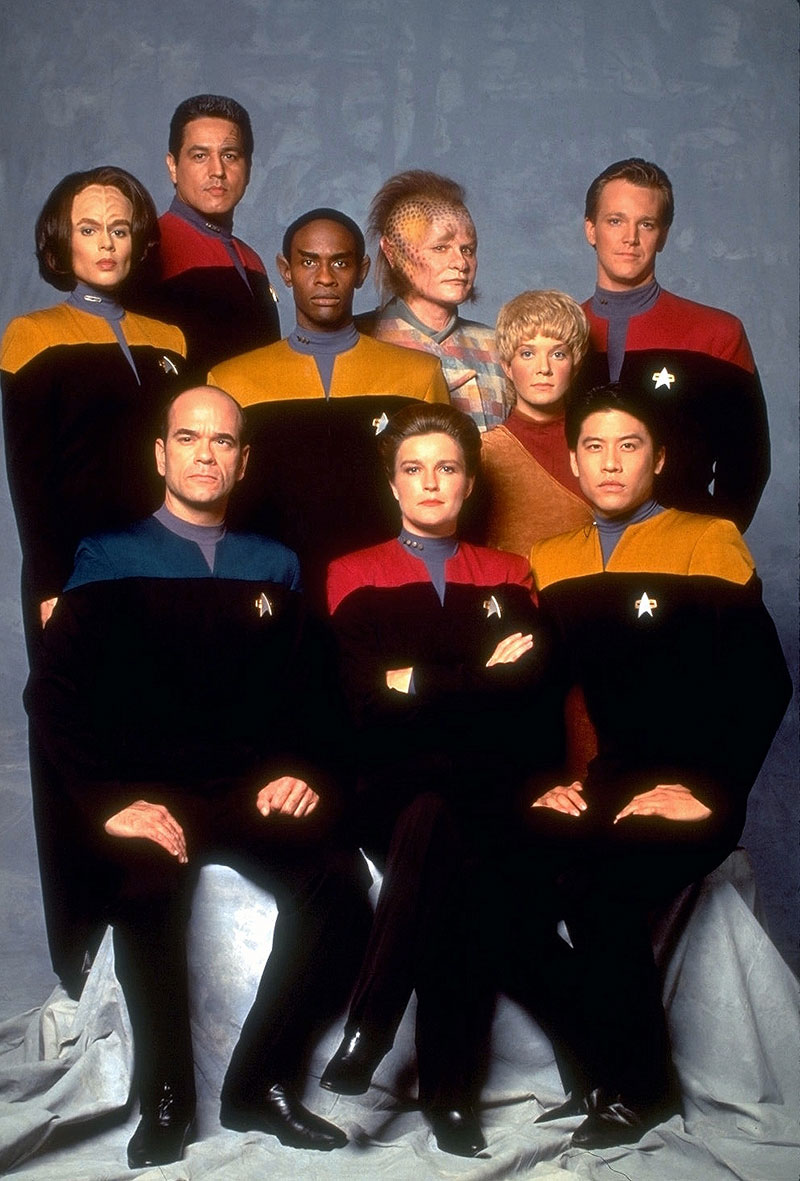
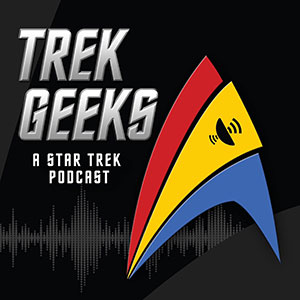

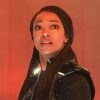

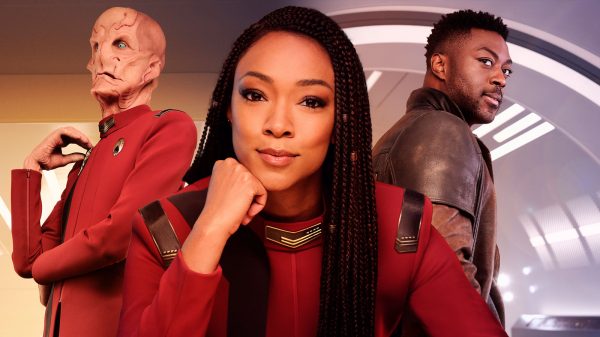

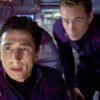
Benji Stanley
May 2, 2015 at 11:05 am
Voyager is a fantastic series. Great stories, great characters. Probably the most scifi of all the series. I think over time Voyager has become the most underrated series of them all, even more than Enterprise. Really hope we see Voyager on Blu-Ray someday.
Zarm
May 4, 2015 at 1:45 pm
Here, here!
Zev TheClusterLizard
May 9, 2015 at 9:04 pm
THIS
Justyn
May 15, 2015 at 3:19 pm
I’ll drink to that!
Live Long and Prosper
September 7, 2017 at 1:10 pm
If they do not plan to take DS9 to Blu-Ray, this will never get the treatment. Enterprise was smart enough to initially film in HD, or it wouldn’t have either.
Corylea
May 2, 2015 at 3:02 pm
Because I lived in a TV-free household for decades, I’m just now watching Voyager for the first time; I’m three-quarters of the way through Season 2. The first half of Season 2 was disappointing, but the second half is proving to be quite strong, and so far, I’m really enjoying Voyager.
I love Janeway and Tuvok and The Doctor. Of course, I was a TOS fan before I moved into that TV-free household, so maybe there’s a reason why a dynamic captain, a loyal Vulcan and a snarky doctor appeal to me. 🙂
Benji Stanley
May 3, 2015 at 12:10 am
Season 2 is great season. I’m glad to hear you’re enjoying it. I think Voyager’s 2nd season is the strongest season 2 of all the Trek season 2’s. Seasons 5-7 are EXTREMELY good! Season 5 has some amazing stories to tell. Season 6 too. Season 7 I love because the stories are just as awesome as ever, yet you still have that feeling of being closer to home. My favorite episode though is Year of Hell from season 4. Can you tell that Voyager is my favorite series? 😀 LOL
Corylea
May 3, 2015 at 12:42 am
I’m glad to hear you love it so much; I’ll look forward to what is to come!
I’m not sure anything can ever replace TOS in my heart, though, just because I first encountered it at the age of eleven, when I took it all in uncritically. 😉 It would be hard to beat TOS’s 2nd season, given that it includes such episodes as “Amok Time,” “The Trouble With Tribbles,” “Journey to Babel,” and “Mirror, Mirror.” But I agree that the last ten episodes of Voyager I’ve seen have been quite strong, and I’m looking forward to more!
Benji Stanley
May 5, 2015 at 8:47 pm
TOS is amazing! I don’t blame anyone for having TOS as their favorite series. Although one thing that puzzles me personally, is the hype around season 2 of TOS. Season 2 has always been my least favorite season of TOS. I guess I just personally wasn’t as into the season 2 stories. I absolutely love season 1. I think TOS has the best 1st season of all the series. And honestly, I find season 3 of TOS to be very underrated. I really enjoy season 3. Lots of amazing episodes, like The Enterprise Incident, and Day of The Dove, and Let That Be Your Last Battlefield, Plato’s Stepchildren, Spectre of the Gun, The Savage Curtain, All Our Yesterdays, which is my favorite episode of TOS. I’ve never understood the dislike for season 3 myself. I always have to salute somebody who loves TOS though. 🙂
Niallerz1992
May 4, 2015 at 11:11 am
Voyagers second season was rocky but found its way bu=y the end of the season.
MrSatyre
February 4, 2022 at 6:22 pm
Always appreciated DS9 and Voyager more than TNG (which I always felt was—at least for most of seasons 1-6—a dreadful waste of talent in all quarters). DS9 and Voyager were by no means perfect, with each having very weak 1st and 2nd seasons (and Voyager ending on a spectacularly weak note), but they seemed much more grounded in at least a semblance of realism, or as much as could be hoped for in a kid-friendly SF show.
(And by the way… ” 70,000 miles away from home”…you’ll never live that typo down) 😉
richelieu jr
May 3, 2015 at 9:28 am
Nice work, Will.
Looks like you are hitting your stride with this Trek Hindsight thing!
Christopher Flores
May 3, 2015 at 6:25 pm
To the Journey! Loved reading this, thank you.
Niallerz1992
May 4, 2015 at 11:25 am
Voyager as a whole is a great series. Great addition and take on the Star Trek franchise. And it adds so much to the franchise too.
Season 1 was a really strong season and start to the series. It had a lot of great episodes and a lot of character development that run through the full seven seasons. Compared to TNGs or DS9s first seasons, Voyager is the best first season of any Star Trek series.
Season 2 was rocky in places. A lot of the stories were very random. The first half of the season was rocky but the second half finally found its footing and began to up the game a lot.
Season 3 the series had finally began to hit its stride and everything had finally fallen into place for the series. A couple episode near the end of the season were weak but the season as a whole was great.
Season 4 is the season that Voyager differentiates itself from previous incarnations and really go mall out and by far one of the series strongest seasons if not the best season. The introduction of Seven was great. It changed things and added great new storytelling to the series.
Season 5 ties season 4 as the best season. The storytelling improved greatly and gave us some of the series best episodes. Season 5 and 4 to en extent, I would regard as two darker seasons. Still amazing.Season 4 and 5 felt a lot more structured.
Season 6 felt slightly disconnected from the previous seasons. Still a really good season but all of the stories were single episode stories and felt like the storytelling from earlier seasons. This season was lighter, no too dark and still produced a lot of great episodes.
Season 7 different tone to season 6 and a really great season to end the series on. There were a few weaker episodes (but you always have them in any TV show) and season 7 began to wrap things up with the characters and story-lines.
I loved Voyager all the way through. Some reviewers when Voyager was first airing felt the series was not a good as TNG or DS9. But Voyager adapted with the times and what was happening in the world, the real world and technological world.
Zarm
May 4, 2015 at 1:45 pm
I strongly agree. Voyager has its detractors (far too many, in my book)- but even for those that feel the show lost its way, the first couple of seasons are pretty solid. The first especially excelled in capturing that frontier, ‘out there’ feeling of a starship alone and far from home.
milojthatch
May 17, 2015 at 2:50 am
I feel that Voyager would have been served well had it been ran for fewer seasons. It had a lot going for it, but it’s worst episodes were some of the worst of the entire franchise. “Threshold,” “Basics, Parts 1 & 2”, “Blood Fever,” “Favorite Son,” “Hope and Fear,” “Thirty Days,” “The Disease,” “Riddles,” “Dragon’s Teeth,” and “Fury” just off the top of my head were not very good. Add how the show weakened the Borg and I think it’s easy to see why the show didn’t always have the best ratings.
That said, when Voyager had good episodes, they were really good. This is why I think the show might have worked better had it been streamlined a bit into maybe 5 or 6 seasons, if even that many. I also agree with something Rick Berman said about the show: the problem with Voyager was that the ship was going in the wrong direction.
Don’t get me wrong though, I count myself as a fan of the show over all and I’d watch The Doctor read the phone book. Such a well written character! Janeway was an excellent Captain and I enjoyed (normally) watching Paris, Tuvoc and Torres. It was the show I enjoyed watching the most in my high school days, and as such, it does hold a special place for me.
BLITZKREG
November 15, 2015 at 4:15 pm
Voyager had some really good episodes, but at the same time, it had really bad ones. The biggest problem I found with Voyager was that it played it too safe, when it should’ve been the darkest of the Trek series because of the crew’s predicament. The majority of the crew….including leads, should’ve died. The two part episode Equinox had it right, on what a crew desperate to get home would do. That is how voyager should have been.